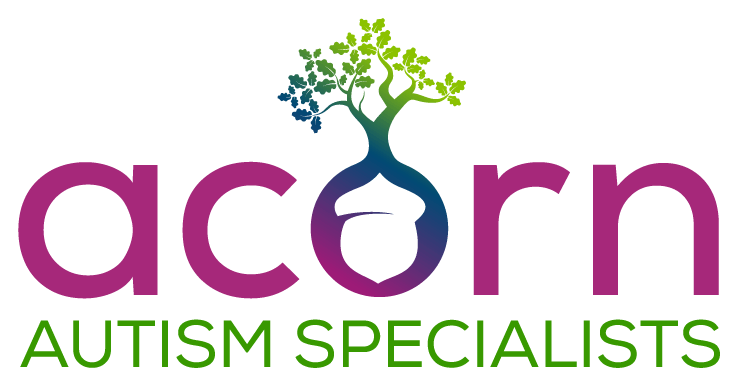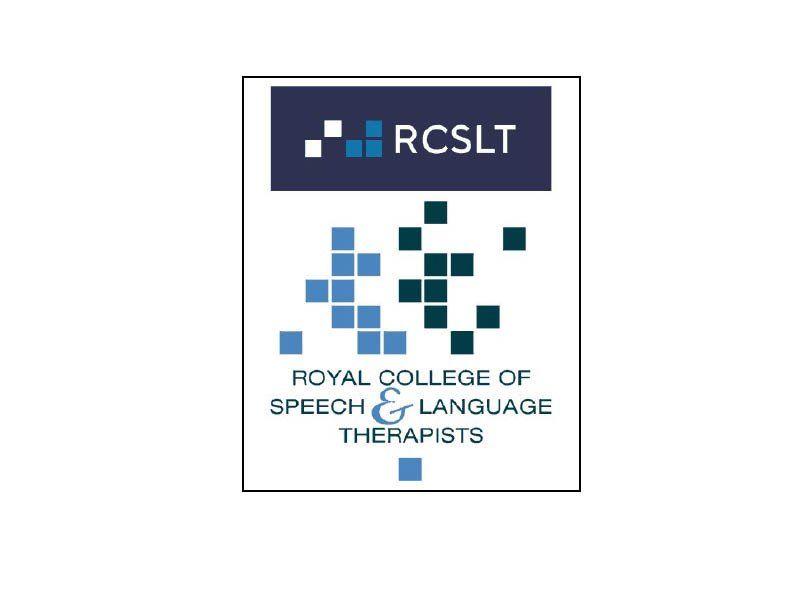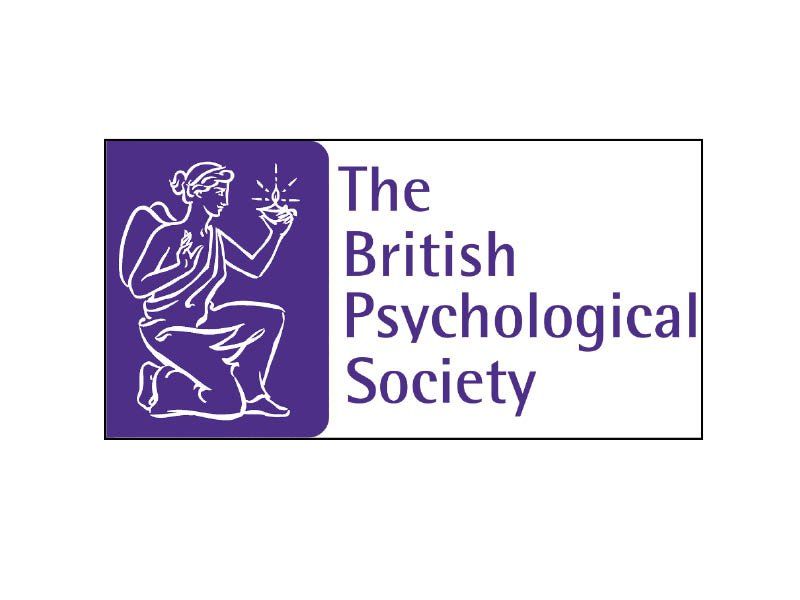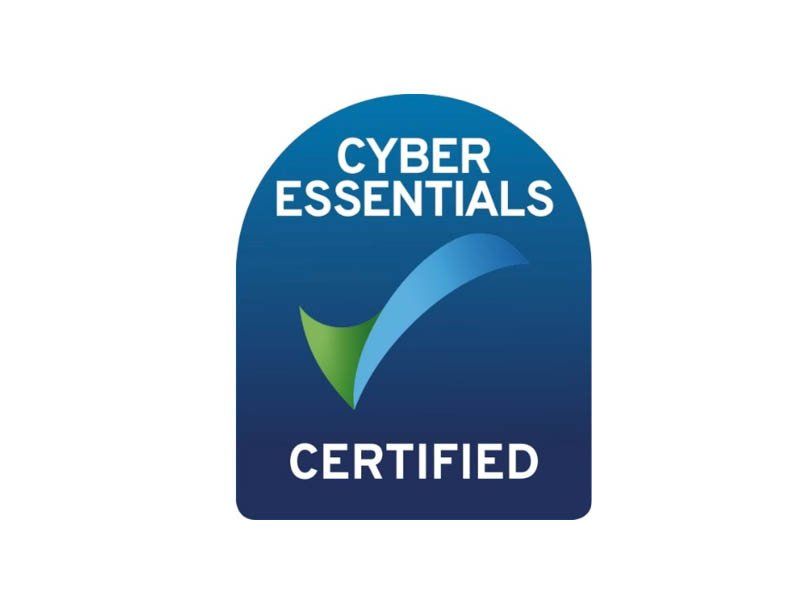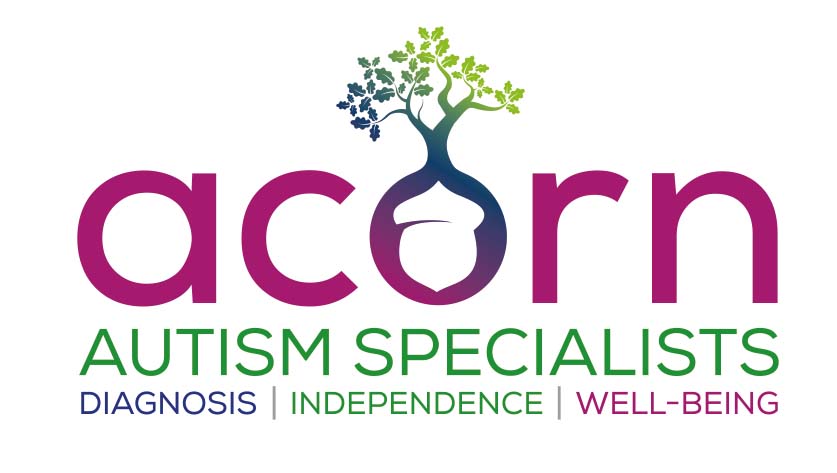But what does it all mean?
DIAGNOSIS | INDEPENDENCE | WELL-BEING
To be autistic is to experience communication, the sensory world, thinking and social interactions differently from non-autistic people (often described as allistic or neurotypicals).
Autism is not a learning disability or mental health condition (sadly, a misconception we often hear). Nor is everyone “a little bit autistic”.
When thinking about autism, people often describe the stereotype of autism. This is often based on the outdated theories and diagnostic criteria, which use terms such as deficits and impairments. This is stigmatising for the autistic community and can often be overwhelmingly negative for those thinking about starting a diagnostic journey for either themselves or their loved ones.
When
assessing for autism, we are simply looking for differences across the domains of:
Social Communication and Interaction:
- Social emotional reciprocity
- Developing, maintaining and understanding relationships
- Non-verbal communicative behaviour
AND
Repetitive Patterns of Behaviour, Thoughts or Interests:
- Stereotyped and repetitive motor movements
- Routines, rituals and compulsions
- Highly specialist interests
- Sensory sensitivities
As the saying goes, “if you have met one autistic person, you have simply met one autistic person”, as every person is different. We all have varying strengths and difficulties and these vary day by day and year by year.
However, the following strengths, differences and difficulties are frequently reported to us at Acorn Autism by people seeking an autism assessment and diagnosis. They are also supported by scientific research. Our hope is that these topics enable you (and those around you) to potentially understand autism better, make sense of some the jargon (of which there is a lot) and ultimately educate, advocate, validate and empower.
Please note, however, that these will not all apply to people seeking a diagnosis or those already self or formally diagnosed.
Empathy
One of the biggest myths we hear, is that autistic people have no empathy.
This is simply not true...
Camouflaging
Camouflaging in autism refers to behaviours and/or strategies that mask the presentation of autism features in social contexts in order to appear "non-autistic"...
Alexithymia
Alexithymia is the difficulty or inability to identify and describe emotions in one’s self. Essentially, it is a difference in emotional processing ...
Anxiety and Stress
Anxiety is more common in autistic individuals than it is in neurotypicals. The consensus is that around 50% or more of autistic people will experience anxiety...
